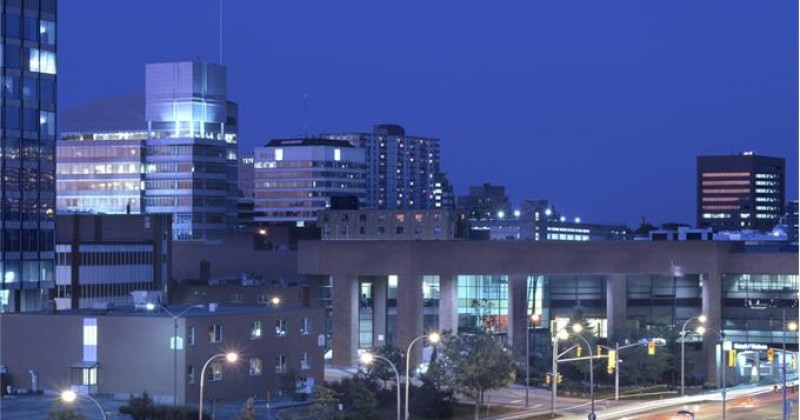

After 2 years of unpredictability, 2022 saw people return to the streets and cities resume pre-pandemic levels of activity. For cities and communities, this was an excellent time to assess the “new normal” and re-evaluate priorities, mainly by determining how city infrastructure could best support its inhabitants and enable them to thrive. In 2022, cities and communities focused on ramping up commitments to environmentally sustainable smart infrastructure, improved efficiencies at the curb, and intelligent transportation.
With all the leaps and bounds technology made throughout the pandemic, there is seemingly no limit to what 2023 can bring. That being said, below are a few predictions for what we might see develop with smart cities in the next year from eleven-x's CEO and Co-Founder, Dan Mathers.
Amidst increased concerns of an impending global recession, our prediction is that smart city infrastructure spending will be significantly increased. Research has shown that there are many economic benefits to smart cities – and smart compliance can positively affect the regrowth of floundering post-pandemic downtown areas. Because of this, smart solutions’ ROIs alone more than justify their inclusion on any municipal budget. Continuing from 2022, curb management will continue to be important, especially since food and package deliveries have continued at high levels. As a result, cities need to compile data to understand who is using their streets and why, thereby allowing them to make educated decisions about city planning and infrastructure.
For a growing number of cities, smart parking has been a valuable tool in the fight against traffic and the greenhouse gas emissions that result from it. Since 30% of traffic is caused by drivers looking for parking, real-time data-enabled smart parking solutions that make it easier to find an available parking spot help to reduce the number of cars clogging up busy city streets. As a result, smart parking serves as a one-two punch against both staggering environmental issues and urban planning concerns. In 2023, as an increasing number of employees return to in-office work and public transportation ridership fails to meet pre-pandemic levels, we will see an increasing number of cities include smart parking initiatives in their budgets to improve their citizens’ parking experience and overall quality of life.
More than ever before, cities and policy makers are understanding and acting upon the importance of equity and inclusion by building a future for people of all different backgrounds and abilities – and 2023 will continue to see inclusion being considered a major focus area for cities and communities across the globe. With the insights gleaned from smart city solutions, cities can observe trends and help city planners make better-informed decisions to promote health, happiness, and greater inclusivity. This includes using smart technology such as AI, IoT, and sensors to monitor indoor air quality and providing clear access to accessible parking through smart parking solutions. Community engagement will also play a large role in the advancement of municipal equity and inclusion, as relevant stakeholders will ensure that citizen needs are being adequately addressed and met. In the midst of growing recession fears and widespread affordable housing shortages, the goal for 2023 really will be to create more livable cities for all citizens, and it will be up to municipalities to explore ever-more creative methods for making this a reality.
In 2023, cities will continue to face a number of challenges – from how to realign urban planning and policy priorities after the reckoning of the Covid-19 pandemic, to supporting citizens through inclusion-focused decision making and preparing for a greener, more sustainable future. It goes without saying that smart cities will be better able to thrive amidst these challenges, and I’m looking forward to seeing how smart technological advancements will continue to lead our cities toward a better tomorrow.